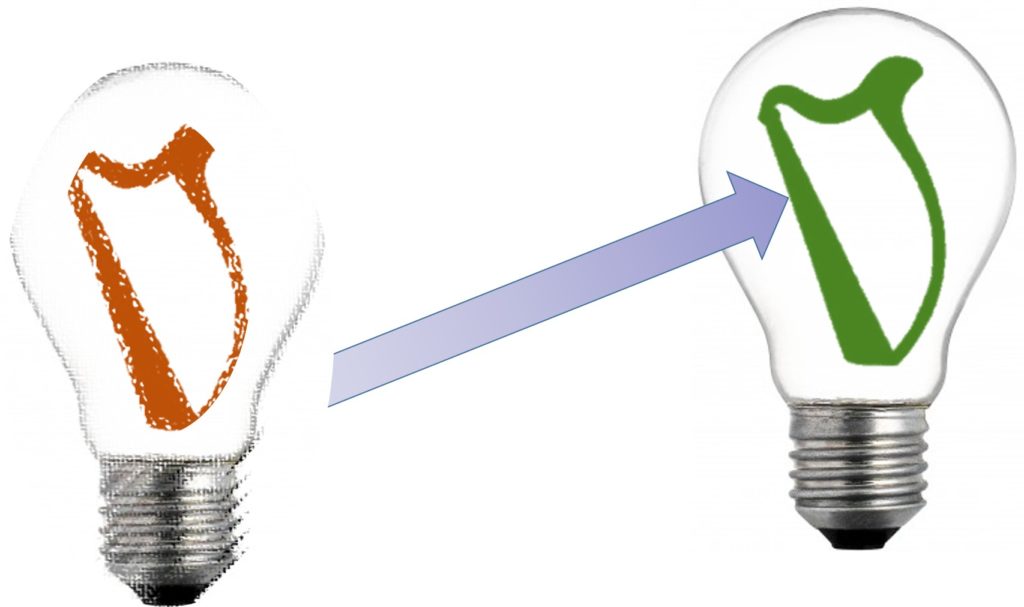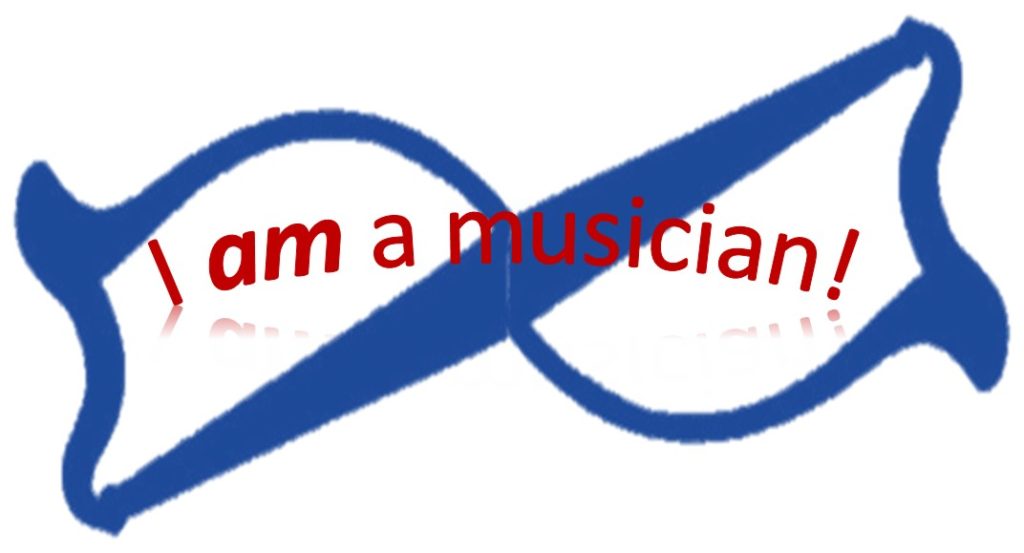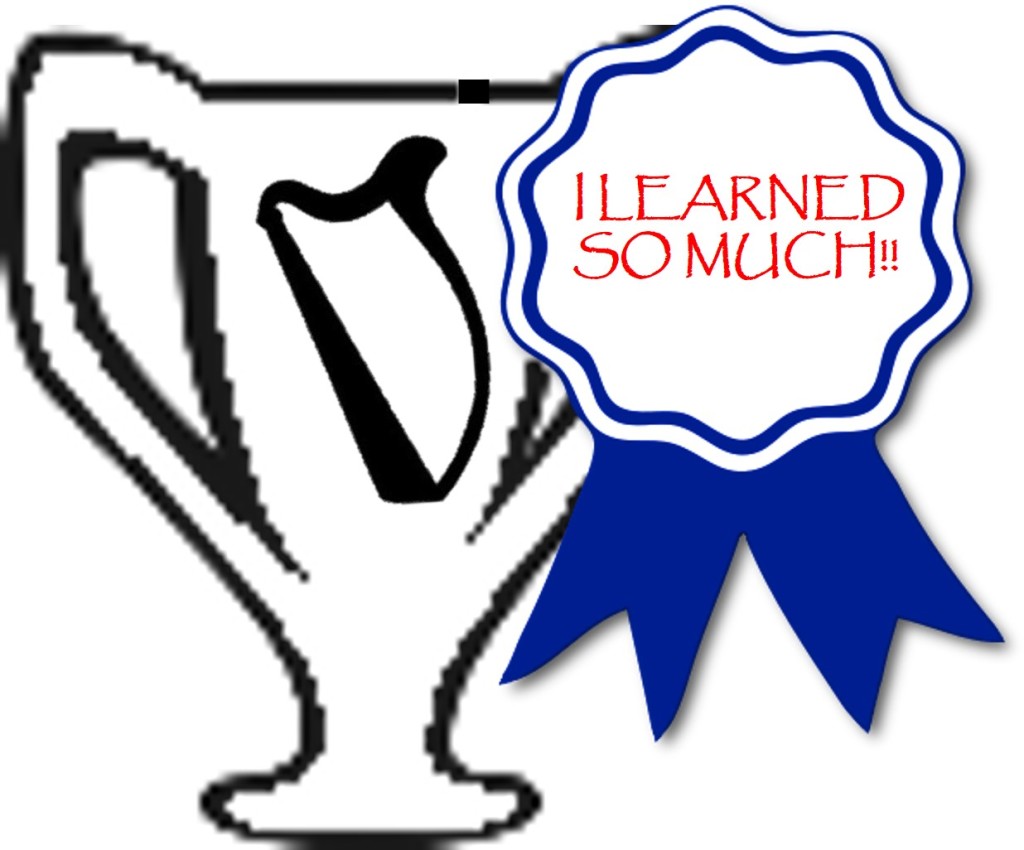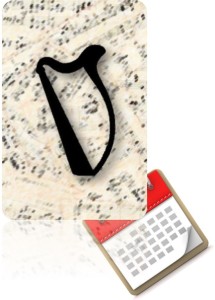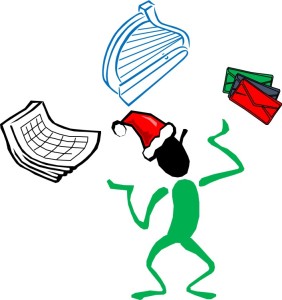Typically, I see or hear things that lead me to think about everything else. This week isn’t like that! This week, the quote pretty much speaks for itself.
We’ve talked before about the importance of being kind to yourself in your practice and in your performance. But this quote takes it another step closer to the origin of the thinking. Here’s the quote:
“Creativity is allowing yourself to make mistakes.
Art is knowing which ones to keep.” Scott Adams
You’ll recognize the source – the creator of Dilbert. He usually has an incisive, if cynical, take, but this quote is certainly spot on – it couldn’t be more right!
There is an craft to making art and it stems from your own willingness to make mistakes, and then to pick up those mistakes and lick them, and keep the ones that taste good (you know, the sonic taste) as you keep going in the music.
My early teachers who taught me two important things with respect to this, although it took me a while to appreciate these gems. The first gem was that, no matter what string you land on, you are never more than one string away from a sound you might prefer! The second nugget was that we don’t make mistakes, we make impromptu improvisations.
For a long time, I really didn’t believe them – I thought they were being “nice” because I made so many mistakes. But over (a very long) time I learned that they weren’t just being nice – they were giving me gentle permission to make mistakes and to learn not only which ones to keep but also to learn my processes for selecting them. They were helping me to learn to do my own taste testing so I could select what worked and toss out what just didn’t speak to me. They were showing me that being willing to make “mistakes” was the point. That this was how I would make my art – by transitioning these excursions into elements of my music. That while safe was comfortable, and it might be creative, it certainly wasn’t moving my art.
So, go make some real whoppers, some complete stinkers, some small and some large mistakes…and see what you can make of them!
